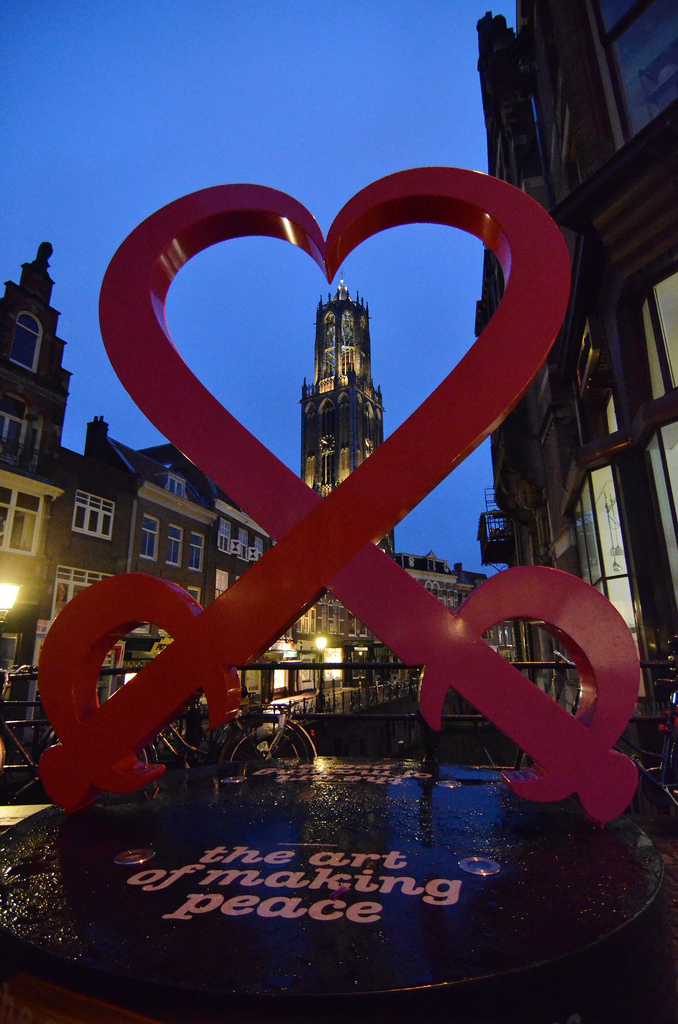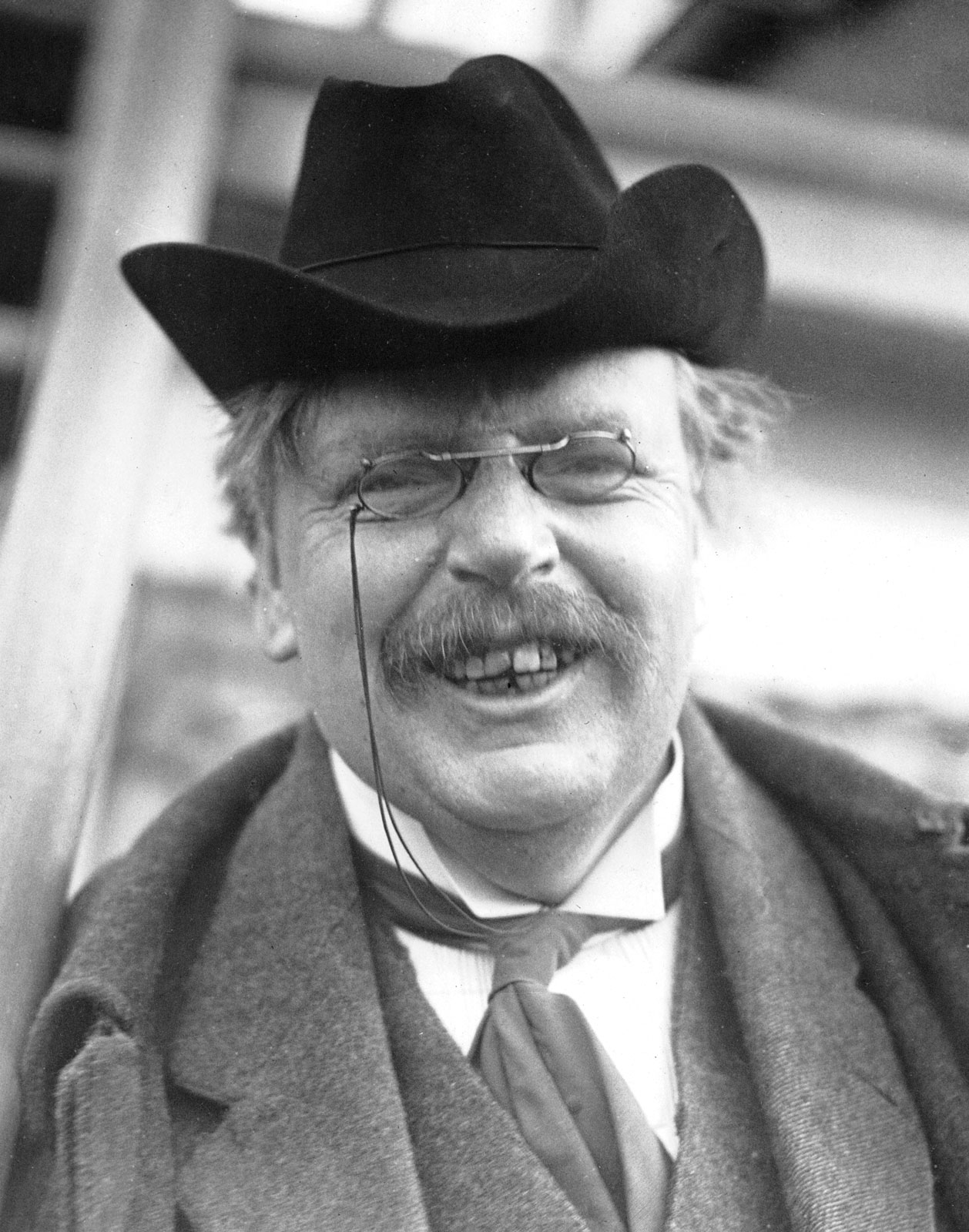First Sunday after Christmas (BCP; uses the same readings every year, not RCL) – Audio
Isaiah 61:10-62:3
Psalm 147
Galatians 3:23-25; 4:4-7
John 1:1-18
“And the Word became flesh and lived among us, and we have seen his glory, the glory as of a father’s only son, full of grace and truth. From his fullness we have all received, grace upon grace.”
In the name of the Father, the Son, and the Holy Spirit, Amen. ✠
Did you get what you expected for Christmas? Were you hoping for something in particular, a book or game, or perhaps simply an experience. Many of us wake up on Christmas morning hoping and expecting a day of peace and calm. For many, that may not have happened since family is involved, but we had a wonderful Christmas and were able to celebrate it with my mother and a family friend. Our expectations were met and even exceeded.
The problem with expectations, however, is that they often fail to live up to our hopes and visions. I can remember the feeling of disappointment on any number of Christmases as a child, when I did not get something that I had longed for. Yet I cannot now tell you what that thing was. Not one thing.
It is human nature, really, to want, to desire. We yearn after that which we cannot or do not yet have, even when it is not what we ought to have. We have only to think of the fruit of the tree of the Knowledge of Good and Evil in the Garden of Eden. Humanity longs to know, to have. Yet what we need is often something quite different.
Through the season of Advent we have often talked about expectations, the time of waiting for the Advent, the coming of the Messiah to meet us. In practical terms, we are looking forward to the Christmas feast, but more importantly we were also remembering how all Israel awaited the coming of the Messiah. In Jesus’ own day, those who were awaiting the messiah, God’s anointed one, descended from David who would save Israel. The Jews of Jesus’ day had a wide variety of expectations and beliefs as to who the messiah would be and what he would be like. They were eager for God to send his servant, to intervene in history and save all Israel, but they did not at all agree on what this messiah should be like.
Most were expecting a military figure who would lead a mighty army to drive out the Romans and establish a great Jewish kingdom with Jerusalem as its capital. Some, as the Dead Sea Scrolls show us, were hoping for two messiahs, one a son of David to lead an army and sit on the throne and another a son of Aaron the Great High Priest, who would cleanse the Temple and reestablish proper worship. That was the sort of messiah they wanted and prayed for, one who would take the world by the scruff of the neck and force it into order, driving out those whom they perceived as enemies and placing themselves in charge. Think about our own world today. Do we not want the same? Do we not look around the world and think, if only someone better was in charge of this country or that country. It should be someone more progressive! It should be someone who appreciates traditional values! We know the sort of savior that we want. But do we know the sort of savior that we need?
Jesus was very much not the messiah the Jews of the first century expected. I suspect that, if he were to arrive on the American political scene today, he would still not do what we would expect or want of him.
Don’t get me wrong, Jesus was the fulfillment of the biblical promises of God. Jesus was the son of David whose kingdom has no end. But the kingdom that Jesus established is the Kingdom of God in our lives. It is not a political system or military victory. An army might drive out an empire or a dictator for a time, yet we know that the peace which follows is always fleeting.
Jesus’ time on earth began the establishment of the Kingdom of God that is both here and now in our own lives and is the promise of eternity. The peace of Christ found in the Kingdom of God comes not after a military victory or political campaign, but when we surrender ourselves to God. When we fully acknowledge Jesus as our messiah, our only ruler, then true peace will be established, a peace that endures regardless of the suffering and hardship that rages around us. Wne draw closer to that peace as we come to know Jesus better as the messiah, our savior and our God.
In today’s Gospel we continue to learn more about Jesus’ true identity, who the messiah really is. Unlike the other Gospels, John does not jump immediately into the historical narrative about Jesus’ life. Instead, he opens with a poetic and lyrical description of Jesus’ true nature. He is the Word, the Light, and he is Flesh.
1 In the beginning was the Word, and the Word was with God, and the Word was God. 2 He was in the beginning with God; 3 all things were made through him, and without him was not anything made that was made. 4 in him was life, and the life was the light of all people. 5 The light shines in the darkness, and the darkness did not overcome it.
A month of Sundays would not be enough time to unpack and understand all of this first chapter of John. Rather than offer a story of his birth, like Matthew or Luke, John opens with an echo of Genesis chapter 1 and the declaration that the Word, Jesus, has always existed because he is nothing less than God.
Consider that again. We say it so often it seems as nothing to us now, but this is the most audacious assertion ever to be made. Jesus is God. This was far from anyone’s expectations! And while “the Word became flesh and lived among us,” entering into and living in this world, he first made all things. He is the Word, literally, by which the world was made. God said, “Let there be….”
Jesus is also the Light, that will enlighten us all. This is, after all, the fundamental nature of light, it illuminates, it reveals, it enables us to see that which was previously hidden. Through Jesus, God revealed his complete grace, of which the Law was but a foretaste, the necessary preparation for the coming of the Son. His light shines forth like the sun, illuminating all the world, so that we may all be adopted as children of God. He is the true light, that enlightens the world.
The Word declares and the Light reveals. The word of God creates, pens the Law, inspires the Prophets, and proclaims the Good News of Salvation for all the world. The light of Jesus reveals Truth, casting out the dark and doubt. It shows clearly our true nature, that while we are given to our own desires and sins that lead us from loving one another and God, we are all created in the image of God, by the very Word of God.
The Messiah was not who was expected or wanted. He is the Word, the Light, and our Savior. He is what we need. So it was that the Word became flesh, molded into that same image and likeness, suffering even as we have suffered, so that he might save us. The author of Hebrews says it best.
2:14 Since, therefore, the children share flesh and blood, [Jesus] himself likewise shared the same things, so that through death he might destroy the one who has the power of death, that is, the devil, 15 and free those who all their lives were held in slavery by the fear of death.
He became flesh, because we are flesh. He suffered, because we suffer. He died so that we would no longer die. The Word Declares and the Light Reveals, God Incarnate
12 … all who receive[] him, who believe[] in his name, he [gives] power to become children of God; 13 who [are] born, not of blood nor of the will of the flesh nor of the will of man, but of God.
We are the children of God.
Amen. ✠





